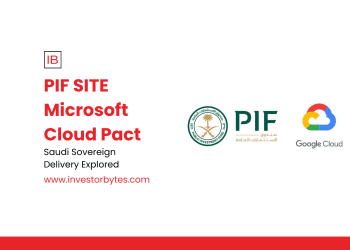Introduction
The debate over whether tech giants like Meta pay for news content has been intensifying. News Corporation’s CEO has strongly advocated for Australia to enforce regulations requiring Meta to compensate news organizations for the content shared on its platforms. This article explores the various facets of this issue, examining the arguments for and against such a mandate, and its potential impact on the news industry.
Background on the News Media Bargaining Code
The News Media Bargaining Code was introduced by the Australian government to address the power imbalance between news organizations and digital platforms. The code aims to ensure that news media businesses are fairly compensated for the content they produce, which is extensively used by platforms like Meta to drive user engagement.
Meta’s Role in the News Ecosystem
Meta’s vast reach and ability to distribute news content widely underscores its substantial influence over the news industry.
Arguments for Requiring Meta to Pay for News
Proponents argue that requiring Meta to pay for news would ensure fair compensation for content creators, supporting the sustainability of quality journalism.
Counterarguments and Meta’s Perspective
Meta has countered that it provides a valuable service to news organizations by driving traffic to their websites. The company argues that paying for news content could set a precedent that undermines the free flow of information on the internet.
Economic Impact on the News Industry
Financially, requiring Meta to pay for news would inject much-needed revenue into the news industry. This could enable news organizations to invest more in investigative journalism and improve the quality of content. In the long term, this financial support could help sustain a diverse and vibrant media landscape.
Global Precedents
Countries like Canada and France have implemented similar measures, with varying degrees of success. In Canada, legislation requires digital platforms to negotiate compensation deals with news publishers. These global precedents provide valuable insights into the potential outcomes and challenges of enforcing such regulations.
Public Reaction and Opinion
Public opinion on this issue is divided. Journalists and news organizations largely support the initiative, viewing it as a necessary step to secure the future of news media.
Regulatory and Legal Considerations
Enforcing payment from Meta would require robust regulatory frameworks and legal provisions. The Australian government would need to navigate potential legal challenges and ensure that the regulations are enforceable. This could involve complex negotiations and legislative amendments.
Future Prospects and Potential Outcomes
The future of this issue hinges on negotiations between news organizations, Meta, and the government. If successful, such measures could pave the way for similar initiatives globally, setting a new standard for digital platform accountability.
What are the possible outcomes if Meta refuses to pay?
If Meta refuses to pay, it could lead to a reduction in the availability of news content on its platforms, potentially impacting user access to reliable information.
How can the public support sustainable journalism?
The public can support sustainable journalism by subscribing to news organizations, sharing quality news content, and advocating for fair compensation practices for content creators.








